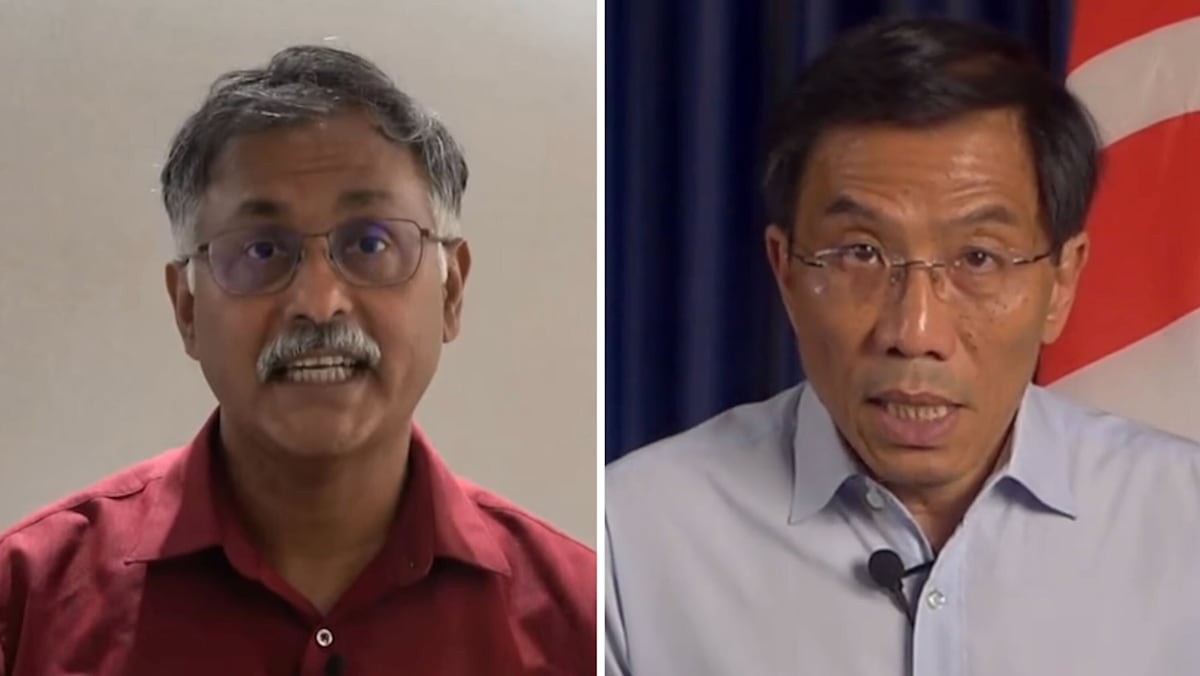SINGAPORE: A businessman has been ordered to pay backdated maintenance for two children he fathered with a former employee, after a paternity test concluded they were his offspring.
Both the man and the woman had other partners, and the man is married and has two other children.
At trial, both sides disputed when the maintenance should be backdated to – whether from the time the paternity test concluded they were the man’s children, or from the time the woman applied for maintenance.
They also were at odds as to who should foot the cost of the paternity test.
In a family court judgment made available on Thursday (Oct 16), District Judge Teh Joo Lin ordered the man to pay S$1,800 (US$1,390) for each of the two children in monthly maintenance from September 2025.
He also has to pay a total sum of S$64,800 in backdated maintenance from March 2024, which is when the woman commenced her application for child maintenance. This is to be paid in monthly instalments of S$1,200 beginning from September 2025.
The man also has to pay S$1,376.13 in paternity test costs to the mother of his children, as well as costs of S$500 for the adjournment of an earlier trial date.
THE CASE
The woman was a regional sales manager who began working in the man’s company in 2011. The court said the man “ran corporate interests in Singapore and Malaysia” and was married with two children.
After joining the company, the woman had a relationship with the man. She gave birth to a girl in 2016 and a boy in 2022.
The couple’s relationship ended in 2023. The woman left the man’s company that year, but they gave differing accounts as to why. The man said it was because the woman had “diverted business away”, while the woman said it was because she found out about his affair with another colleague.
In February 2024, the woman allegedly contacted the man’s wife, informing her that she had two children with the man.
On Mar 28, 2024, the woman applied for child maintenance for her two kids. They underwent paternity testing, which confirmed on Aug 23, 2024 that the man was the biological father of both the woman’s children.
The woman asked the man to bear the entire cost of the test, as he had challenged paternity in the first place, while the man asked for costs to be shared on the basis that they equally required the results.
The woman sought S$6,000 per month as maintenance for both kids, with backdating from April 2021 for the girl and May 2022 from the boy. This was the maximum period allowed of three years prior to the time of her application.
The man did not dispute that he should pay maintenance, but proposed to pay about S$2,517 to S$2,937 a month and for the backdating to begin only from March 2024 when the application was filed.
The judge went through the various estimated monthly expenses for the children. For example, he preferred the sum of S$50 for transport for one child by the man, to the sum of S$100 by the woman.
Where the woman sought S$460 monthly for milk powder and fresh milk, the man offered S$200. The judge found that S$400 would be more reasonable as the mother had given estimates and receipts.






